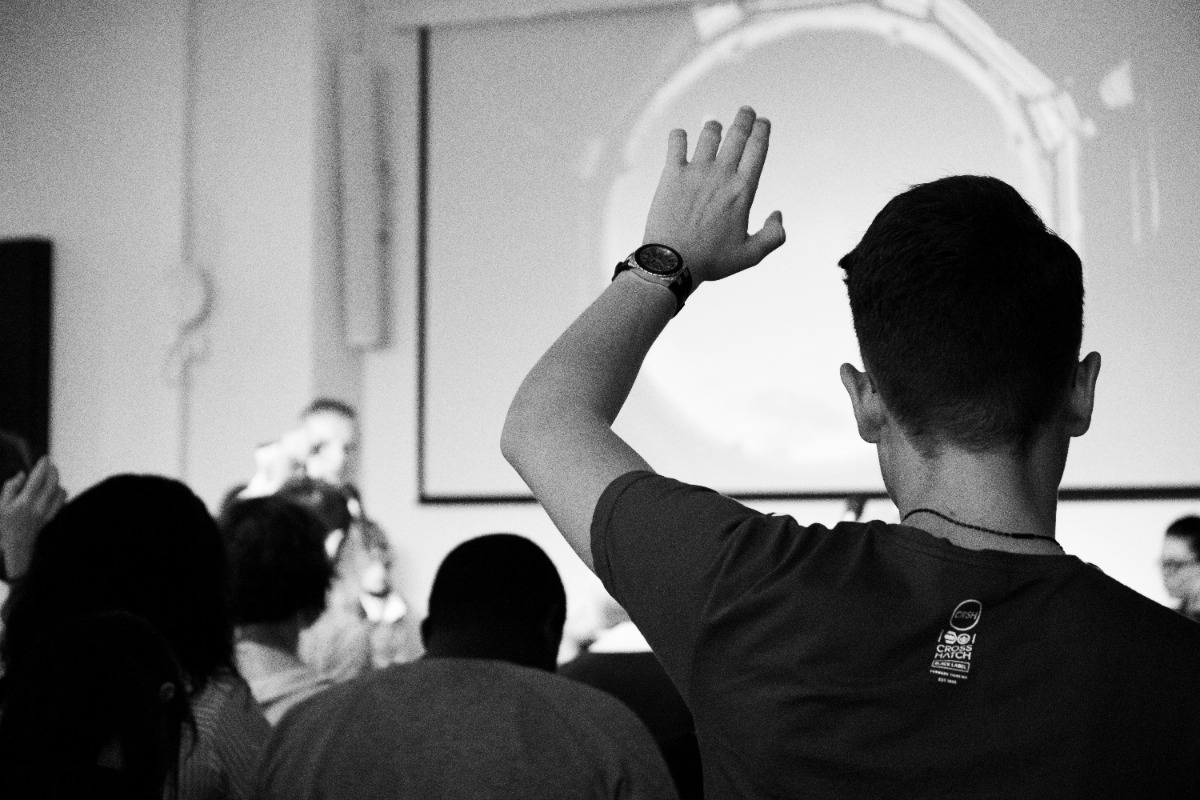Why Is Everyone Ghosting Each Other?

Skift Take
You're planning your next big event and have your RFP in the hands of the right hotel…you think you're going to nail it down, and then…you never hear from them again. Sound familiar?
Ghosting has crossed the line from downright rude to become a common practice used by both planners and suppliers.
So much for an industry that prides itself on being a ‘relationship business.’
Blame it on time, said Tavar James, VP, events & industry advocacy, BoomPop. “Relationships have become ‘a moment in time,’ where they used to be an investment in a broader story. We have become extremely focused on the immediate need, and if that need is not immediately fulfilled, we quickly move on to the next person.”
Heather Seasholtz, vice president, operations, CM Event Solutions, attributes the rise in ghosting to the convergence of three factors – staffing levels, communication overload and work/life balance priorities.
“Staffing still isn’t at 100% of pre-pandemic levels. Many professionals are wearing multiple hats, both their hired role and gap-filling those positions that remain open,” she said.
On top of that, many planners are trying to create healthy work-life boundaries and leave work at a decent time. “So they push that email to tomorrow, and then it is buried by new messages, and ghosting inadvertently happens.”
Planners are also inundated with multiple channels of communication – email, Slack, Teams, LinkedIn, social media, sourcing platforms, CRMs – leading to information fatigue and what Seasholtz calls ‘selective responsiveness.’
When it’s time to report back to their leadership, being ghosted leaves salespeople with no information to pass along. At the least, when a potential client declines business, it’s helpful for them to share with hotels or CVBs which property or destination they chose, and why.
It’s the Same With Suppliers
The same staffing challenges exist on the supplier side, said Mike Ferreira, CEO at Meetings Made Easy & Detroit Motor City DMC. “The service level expectations at hotels remain the same but with fewer staff due to the pandemic, and the volume of emails still remains the same or higher.”
“Sales professionals and their companies are driven by KPIs and revenue numbers,” said Shelley Williams, vice president of sales at F1 Arcade. “Their work has become more junior and more complex, with fewer resources, less sales autonomy and less-efficient tools – let alone the time to deliver quality results.
“It takes up valuable resources to respond, log the lead, report the lead, qualify the lead and defend the lead, only to lose the lead because they don’t have the time to provide good fact finding, or the autonomy to make the sale.”
On top of that, Williams said, “Some planners are requesting specific information while they are providing only generic background."
If suppliers can’t deliver to clients’ expectations, she advises them to be up front about it: “Decline and move on to the next opportunity.”
How to Avoid Ghosting
The most obvious way to get around a potential ghosting situation is easy: Pick up the phone. “Emails are often seen as a safer, more convenient option on both sides,” said Ludwig Krammer, director of operations, Bucom International. “But time is critical in our industry, and valuable opportunities are often missed due to hesitation or lack of confidence, or insufficient training.”
In compressed markets where she needs to demonstrate to a hotel her genuine intent to purchase, Laurie Sharp, president, SharpExp, will begin her RFPs with a dollar amount. “Start with your budget. Put the dollar amount up front to capture attention. Then work backwards to negotiate the details.”
Always think about how the other person would feel, said Adele Farina, senior director, global event operations and strategic planning, at ION.
“Respect goes both ways. I emphasize to my team the importance of building genuine relationships and partnerships and never dismissing anyone, even when we have to say no, for any reason. Relationships are meant to be nurtured, not neglected.”
“Everybody, you have to get back to your sales friends,” said Ferreira. “When they email you and reach out to you and you’re simply ignoring them, it's not a good look.”





